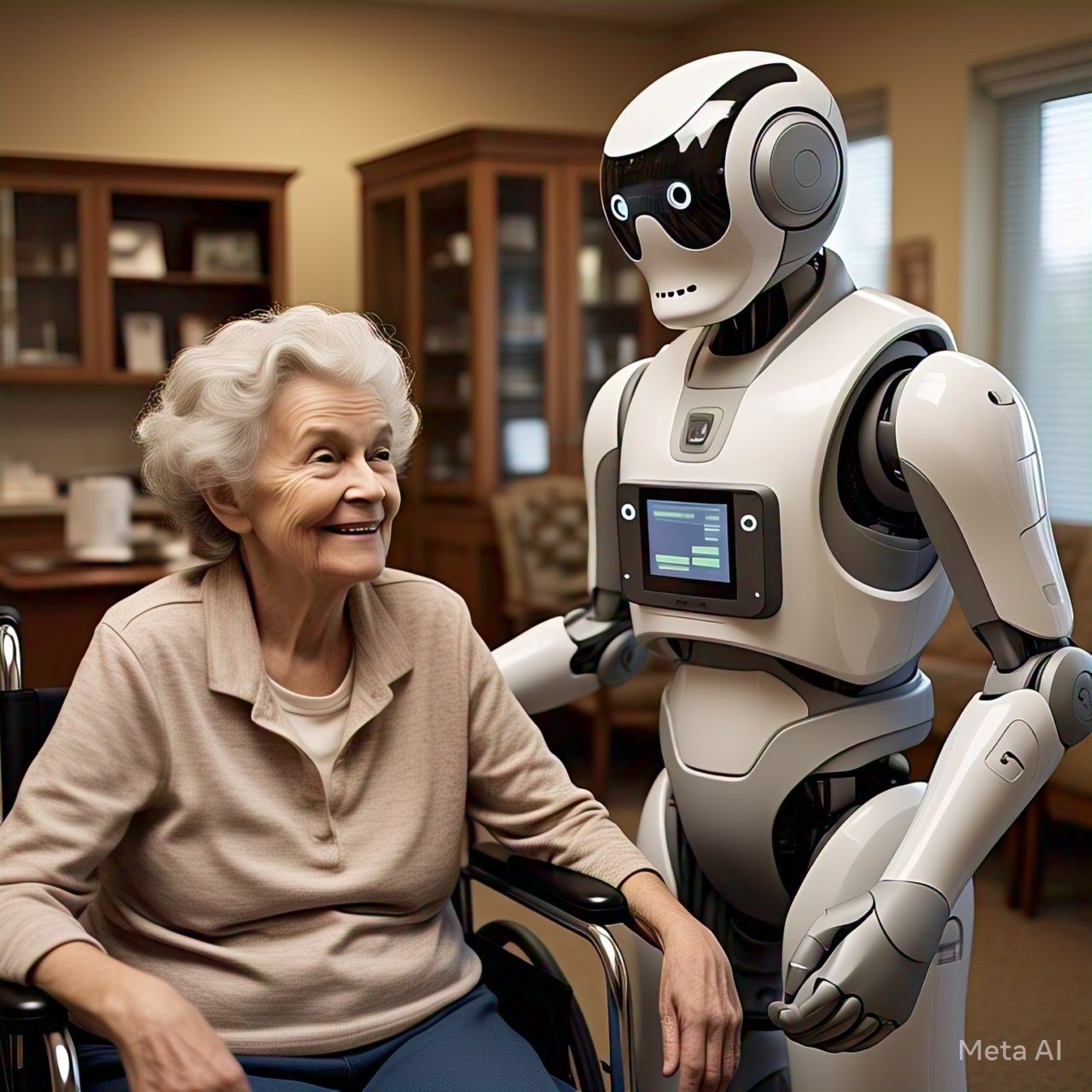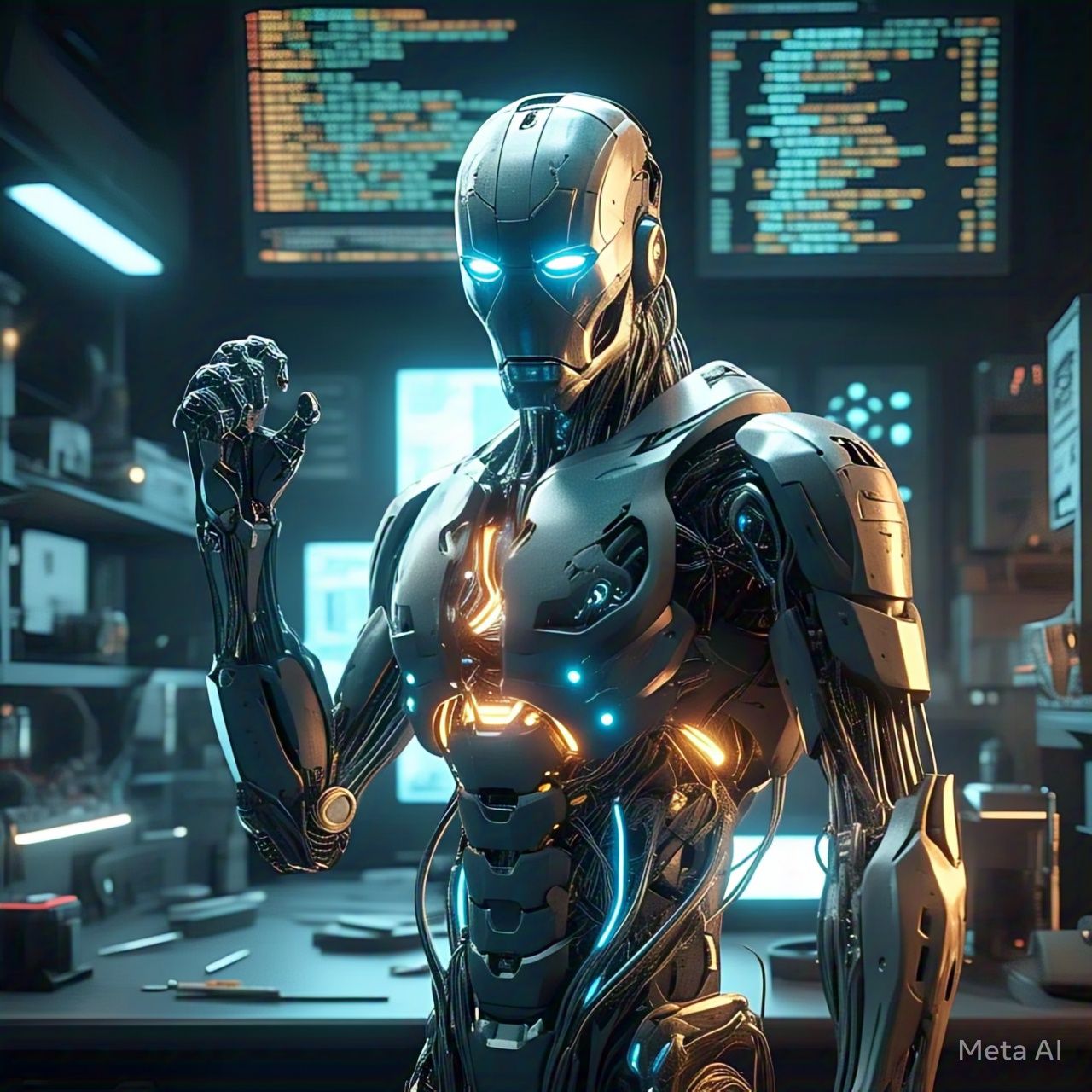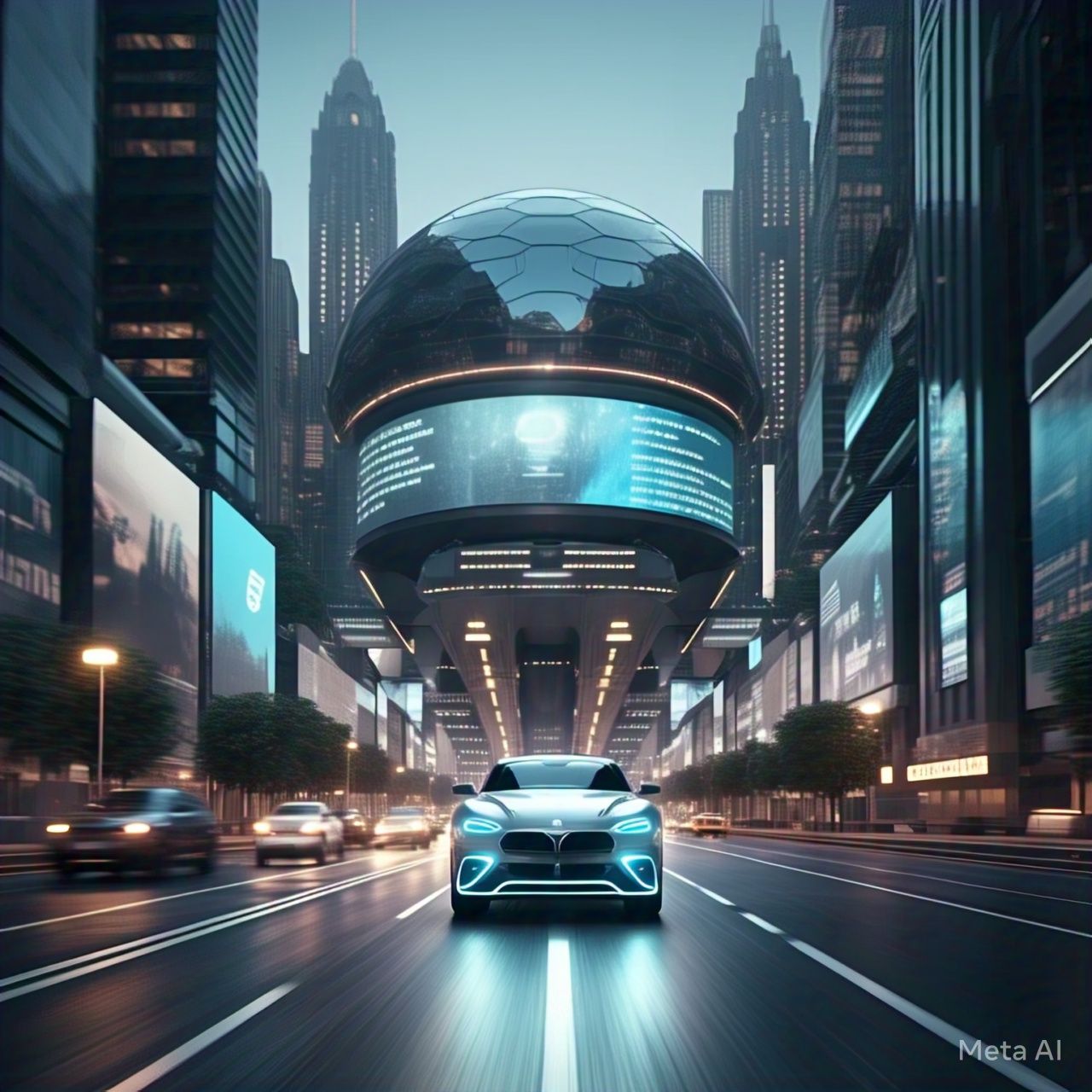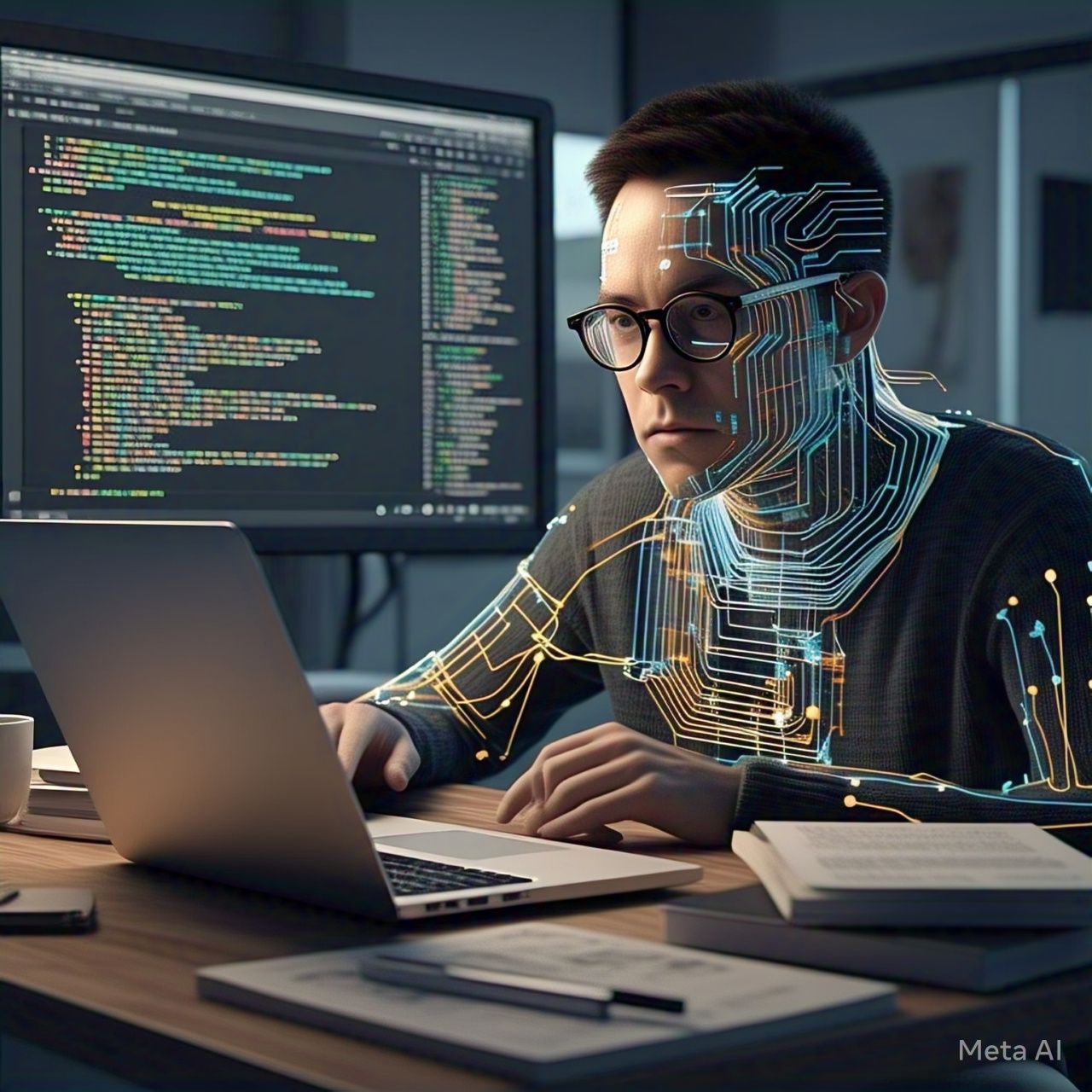Introduction
Artificial Intelligence (AI) is playing a transformative role in elderly care by enhancing support systems for aging populations. With the growing number of senior citizens worldwide, AI-driven solutions are helping improve healthcare, safety, and daily living for older adults. From smart monitoring systems to AI-powered virtual assistants, technology is enabling seniors to live independently while ensuring they receive timely medical attention and companionship.
How AI is Enhancing Elderly Care
AI-driven technologies are addressing key challenges in elderly care, including health monitoring, fall detection, cognitive assistance, and personalized caregiving. These innovations are helping families, caregivers, and healthcare providers offer better support to aging individuals.
1. AI-Powered Health Monitoring
Wearable devices and smart sensors track vital signs such as heart rate, blood pressure, and oxygen levels in real time. AI analyzes these data points to detect anomalies and alert caregivers or medical professionals before health issues become critical.
2. Fall Detection and Emergency Response
AI-driven motion sensors and smart cameras identify unusual movements or falls. In case of an emergency, AI systems automatically notify caregivers or emergency services, ensuring rapid assistance for seniors living alone.
3. Virtual Companions and Cognitive Support
AI chatbots and virtual assistants provide social interaction and cognitive stimulation for seniors, reducing loneliness and supporting mental health. These AI companions can engage in conversations, remind users to take medications, and even help manage schedules.
4. Personalized Care and Assistance
AI algorithms assess a senior’s health records, preferences, and lifestyle to provide personalized recommendations for diet, exercise, and medication adherence. AI-powered robotic assistants can also help with household tasks, improving daily convenience.
5. AI in Dementia and Alzheimer’s Care
AI supports dementia patients by tracking behavioral patterns, detecting cognitive decline, and providing memory aids. AI-powered applications help seniors with daily routines, ensuring they maintain independence for as long as possible.
Benefits of AI in Elderly Care
- Improved Health Monitoring: AI provides real-time tracking of vital health metrics, allowing for early intervention.
- Enhanced Safety: Fall detection and emergency response systems ensure quick assistance during accidents.
- Greater Independence: AI-powered tools help seniors manage daily activities and live autonomously.
- Personalized Care: AI tailors health and wellness recommendations to individual needs.
- Companionship and Emotional Support: AI-driven virtual assistants reduce loneliness and promote mental well-being.
Challenges and Ethical Considerations
Despite its benefits, AI in elderly care faces challenges such as data privacy concerns, accessibility issues, and ethical considerations regarding AI replacing human caregivers. Ensuring AI is used as a supportive tool rather than a replacement for human interaction is crucial for responsible implementation.
The Future of AI in Elderly Care
As AI technology advances, future innovations will include AI-powered robotic caregivers, smart homes with AI-integrated assistance, and advanced predictive analytics for proactive healthcare. AI will continue to play a pivotal role in ensuring aging populations receive dignified, efficient, and compassionate care.
Conclusion
AI is revolutionizing elderly care by enhancing health monitoring, safety, and companionship for aging populations. As AI-powered solutions continue to evolve, they will provide seniors with greater independence, improved healthcare, and enhanced quality of life. By integrating AI into elderly care, society can create a more supportive and accessible environment for seniors worldwide.




